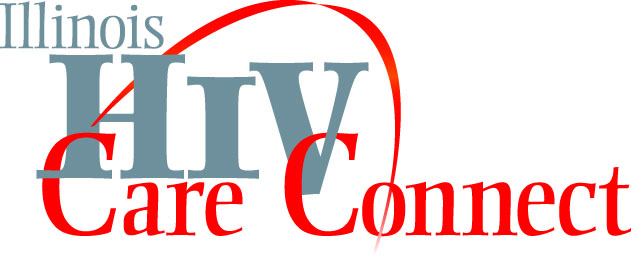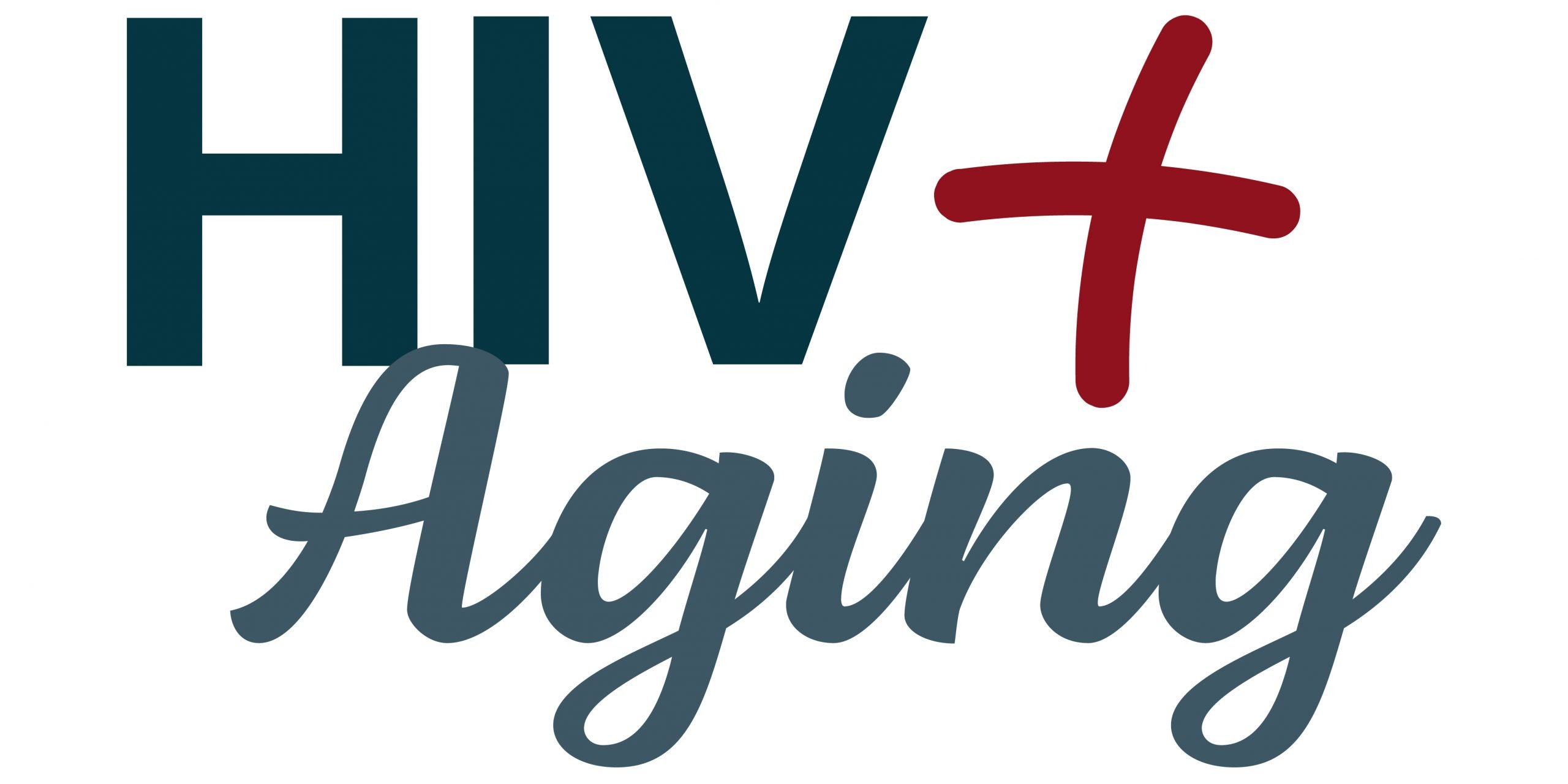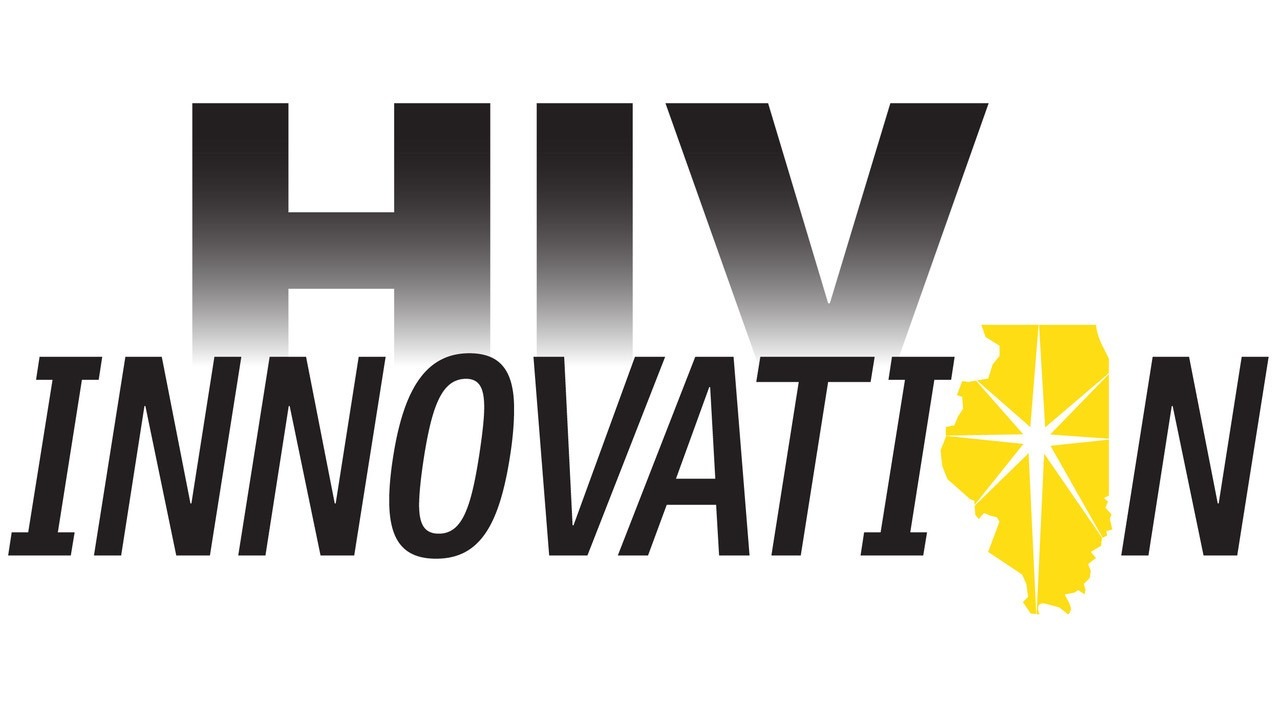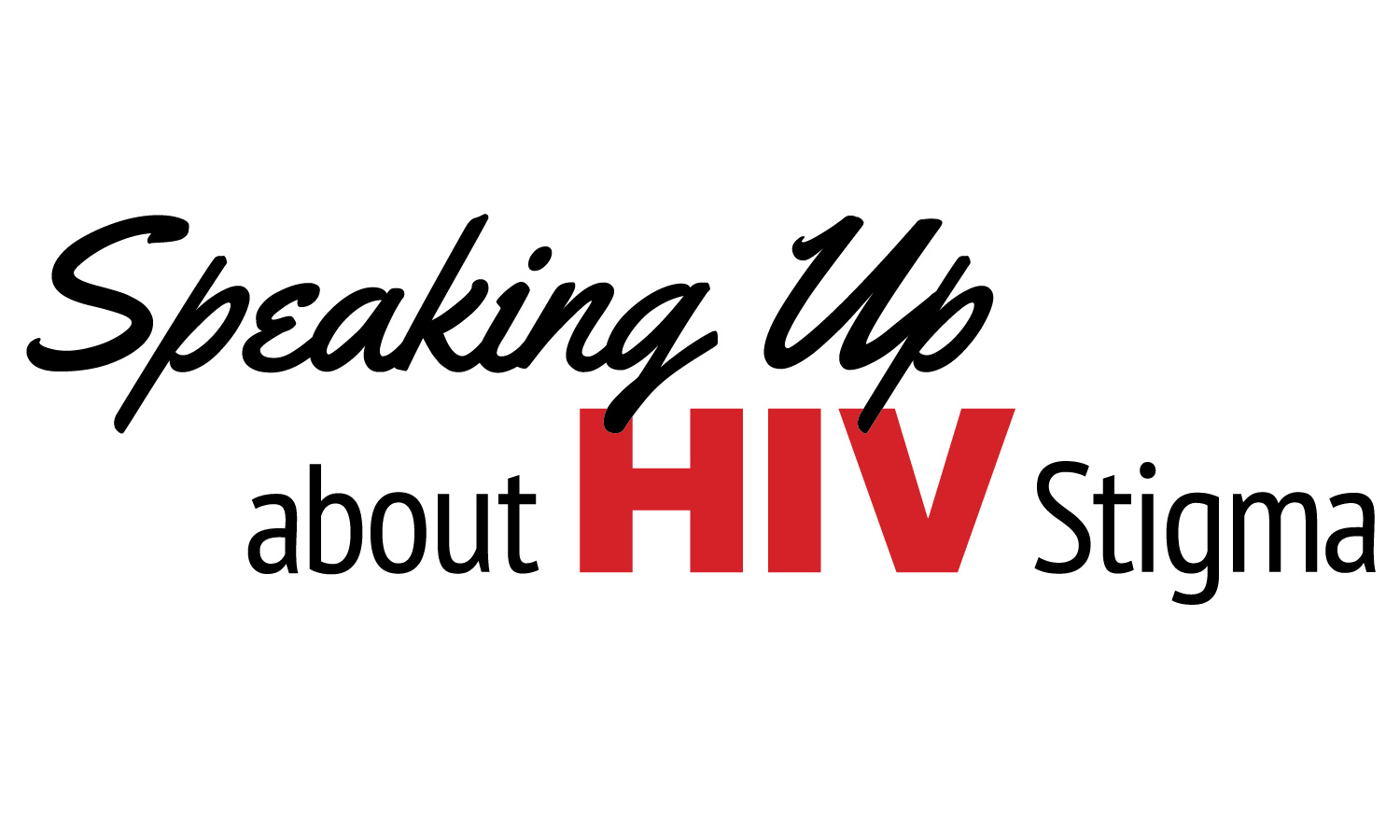For persons who have HIV, starting treatment as soon as possible after diagnosis is important. Treatment can help reduce the level of HIV in the blood to undetectable levels. When treatment makes HIV undetectable, the possibility of transmitting the virus to a sexual partner becomes very low. This is known as treatment as prevention (TasP).
Even when the disease is well controlled, persons with HIV may develop aging-related conditions at a younger age. HIV and its treatment can also affect other parts of the body, such as the brain and the heart. For example, persons living with HIV are significantly more likely to develop cardiovascular disease than persons without HIV.
Older persons living with HIV also have an increased risk of dementia, diabetes, osteoporosis, frailty, and some cancers. They also may be more likely to fall. It’s common for older adults with HIV to experience mental illness, especially depression and addiction, and they tend to be more isolated. Age-related changes can affect an older person’s ability to think or remember, which can make it harder to stick to an HIV treatment regimen.
Treatment with HIV medicines is recommended for everyone with HIV. The choice of an HIV treatment regimen is based on the person’s individual needs. Side effects from HIV medicines and other medicines may occur more frequently in older persons with HIV than in younger persons with HIV. In addition, there is an increased risk of drug interactions in an older person taking HIV medicines and medicines for another condition.
Talk with your doctor if you are concerned about how living with HIV could affect you as you grow older.
The importance of support services
Older persons with HIV may face different issues than their younger counterparts, including greater social isolation and loneliness. Stigma is also a particular concern among older persons with HIV. Stigma negatively affects person’s quality of life, self-image, and behaviors, and may prevent them disclosing their HIV status or seeking the health care or social services that many aging adults may require.
Therefore, it is important for older persons with HIV to get linked to HIV care and have access to mental health and other support services to help them stay healthy and to stay in HIV care. You can find support services through your health care provider, your local community center, or an HIV service organization. Or use the HIV Services Locator to find services near you.
This page’s content was adapted from information found on hiv.gov, cdc.gov, and the National Institute of Aging at nih.gov.
National HIV/AIDS and Aging Awareness Day (NHAAD) is observed each year on September 18. Founded by the AIDS Institute, NHAAD brings attention to issues related to HIV among older Americans, including new infections among older adults and adults over 50 aging with HIV.
Read more.









